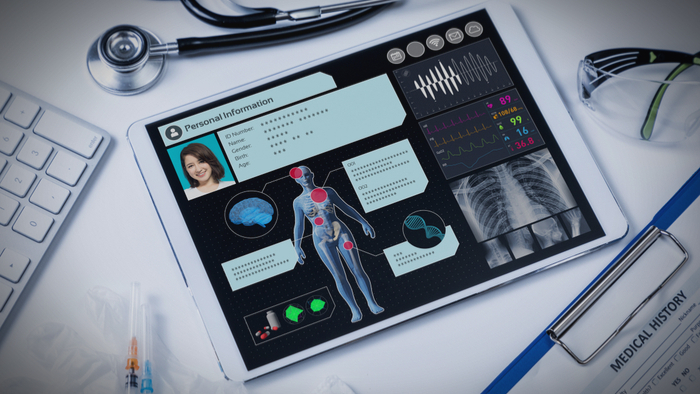The world of health care has now greatly improved with the creation of the Electronic Health Record. It is very effective in providing patients with high-quality health care while making the lives of the medical community easier and convenient.
Improves the Quality of Health Care
It promotes real-time quality reporting. It also makes documentation legible, which facilitates proper documentation, coding, and billing. EHRs can also be a reference for laboratories, registries, and other electronic health records. There is also quick access to patient records, whether inpatient or those in remote areas, making this very convenient.
Allows Patient Participation
Every patient has the right to know and fully understand the medical treatments and procedures they need to undergo. The EHR ensures high-quality care because the health care provider can provide the patient with full and accurate information regarding their medical evaluations. Providers can also remind patients of their follow-up appointments, self-care instructions, and additional information after a hospital or clinic visit.
EHRs also allow communication between providers and patients. They can simply exchange emails and even set up appointments through this medium. This helps providers to diagnose medical conditions early too.
Improved Diagnostics and Patient Outcomes
As EHRs provide complete and accurate information, this makes the provision of better health care to patients, possible. It improves the diagnosing of diseases and reduces or eliminate medical errors. EHRs have the ability to recognize errors immediately. This feature is very useful, especially in the emergency room, and with an unconscious patient who can neither give nor dictate certain allergies and restrictions.
But, an EHR can alert the health care provider on these problems, preventing possible conflicts.
Improves Care Coordination
EHRs can reduce fragmented care. This is possible because EHRs have the ability to alert all of the patient’s health care providers when the patient gets hospitalized. This allows providers to follow-up on patient progress. EHRs also make patient information readily available to all providers. So, there is no excuse that one provider would not know about a certain condition of a patient being handled by a specialist or another health care provider.
Efficient Medical Practice and Cost-Effective
EHRs have been reportedly effective in decreasing hospital costs, especially on paperwork. It also makes medical practice much more efficient as it saves a lot of time and effort on the part of the health care provider. EHRs can send prescriptions electronically, receive laboratory results faster, and can even do electronic prescribing.
This feature is highly valued as it can really save lives by reducing medication errors and prevent dangerous drug interactions.
Bottom Line
Although this program is available only in First World countries, we could only hope that this system will be adopted and made available all around the world. Because the world badly needs great health care.
